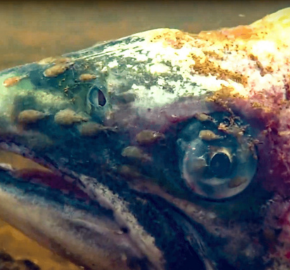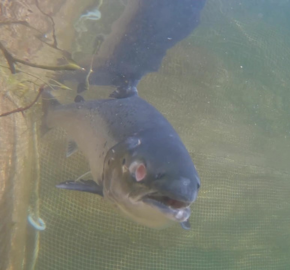Salmon Farming: the issue of trust
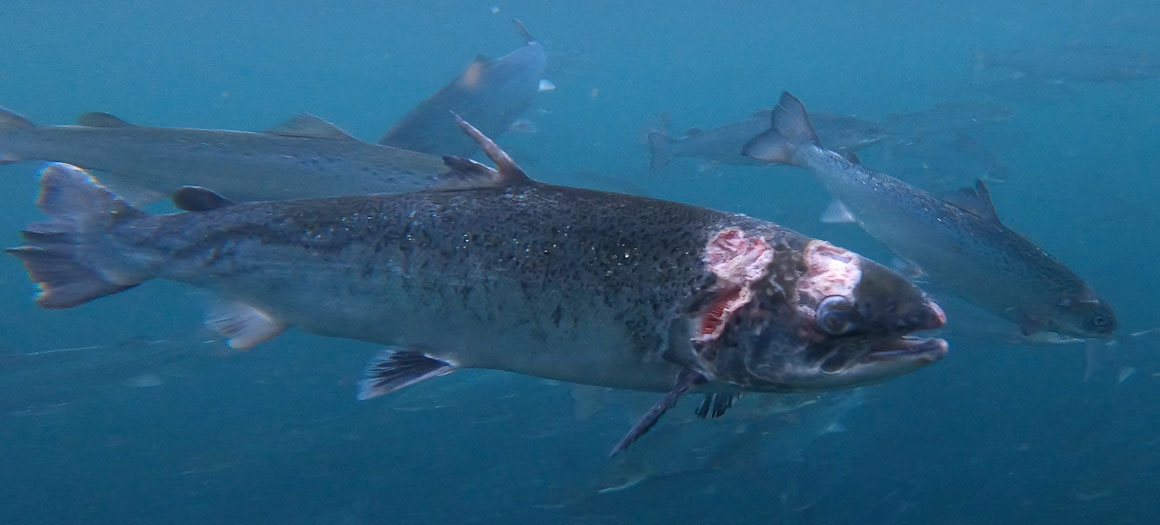
At the end of June Channel 4 News broadcast footage of a masterful sting conducted by Greenpeace UK (watch the video here).
The footage captures one of US oil giant ExxonMobil’s senior Washington lobbyists, believing he was being head-hunted for a new position, engaged with his supposed prospective employer during a video call in which he detailed his behind-the-scenes activities, including the blatant manipulation and incentivisation of politicians, in pursuit of the company’s agenda of climate change denial: “Did we aggressively fight against some of the science? Yes ….. We were looking out for our investments. We were looking out for our shareholders.”
The lobbyist was brutally candid about how they employ the classic tactics of delay, doubt and deflect – straight out of the modus operandi of the tobacco industry decades earlier.
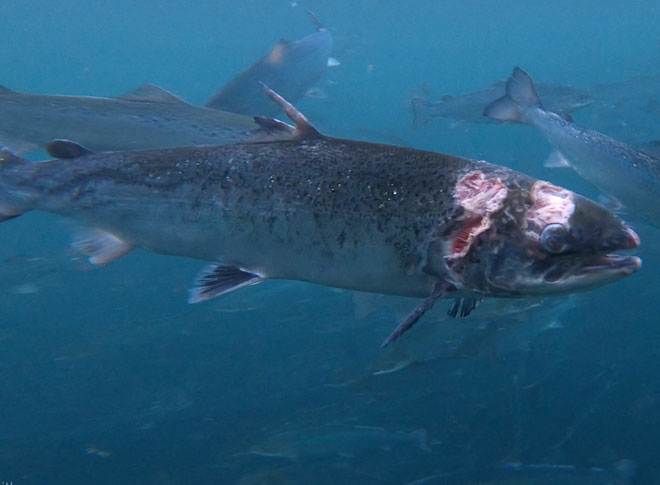
Such tactics have also long been adopted by Scotland’s ecocidal salmon farming industry. The industry is intensifying its efforts as it attempts to counteract mounting public criticism of the realities of what is happening out of sight, out of mind, beneath the waves.
The industry’s efforts begin with the marketing and packaging. Images of wild fish leaping, belying the fact that flabby farmed fish are condemned to lives of endlessly circling their pens. The fish, we are told, are grown in stunning pristine seascapes, but the water surrounding salmon farms is polluted by vast quantities of fish faeces and noxious chemicals. Meaningless platitudes such as “responsibly sourced” are just that – they mean nothing, convey no information to the general public.
Whenever there is a problem – from disease and mortalities to out-of-control sea lice on the farms – those producing and selling farmed salmon hide behind accreditation schemes of dubious merit. These schemes are essentially financial transactions (the farms pay for the right to use certification labels) with absolutely minimal monitoring by the accreditation bodies. It is almost unheard-of for a farm to lose accreditation status, even when horrendous breaches are exposed.
All of this feeds into the “greenwash” narrative peddled to consumers, the media and politicians by the industry’s army of PR representatives and lobbyists. “Sustainable” is the industry’s all-pervading buzzword, even though by any reasonable criteria the industry could hardly be less sustainable.
And when it comes to deflecting any scrutiny that might undermine their preferred “nothing to see here” narrative, there is little that the industry is not capable of doing.
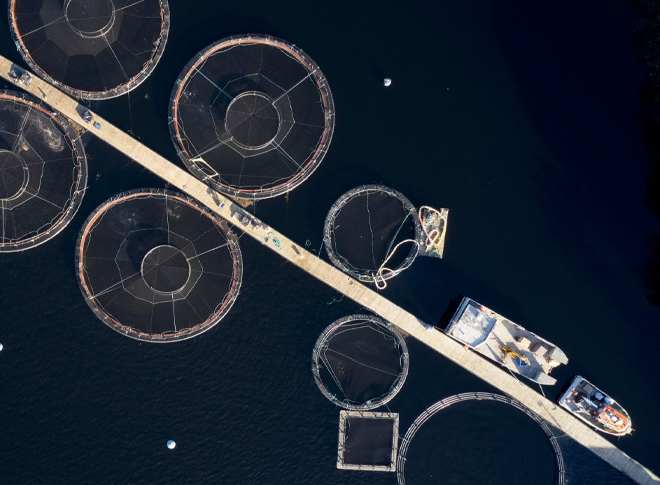
Before the recent Parliamentary inquiries into salmon farming, the Convener of one of the Holyrood committees involved asked me (knowing that we monitor farms closely) to recommend a farm, within striking distance of Edinburgh, which he and his colleagues could usefully target for a “warts and all” visit to observe some of the negative issues that were then and still are rife in the industry.
I suggested one of a cluster of farms in Argyll. His office called the industry’s HQ to arrange a visit. Soon thereafter the Convenor called me to say that he had been informed that all these farms had been harvested out and were fallow. I knew this was not the case, so I phoned a colleague who worked locally. Ten minutes later he reported – “I am standing on the shore opposite x farm and there are salmon jumping everywhere”. I communicated this to the Convener who, understandably, was absolutely livid.
Whenever politicians and vetted journalists are hosted at salmon farms, you can be absolutely sure that the venue has been carefully selected as free of visible disease and parasites and that it has been thoroughly sanitised prior to their arrival.
I learnt many years ago not to take anything that the salmon farming industry says at face value. It trades on a false and cynical narrative in pursuit of short-term profits. It is high time that Scotland’s leading politicians and regulators, if they wish to avoid being on the wrong side of history, showed some basic scepticism about the industry’s conduct and pledges and evaluated whether the status quo, let alone its expansion, is in any way compatible with aspirations for a truly sustainable environmental future for Scotland.
For more information about why salmon farming is such a problem for wild fish, please visit the the salmon farming page of our website.


